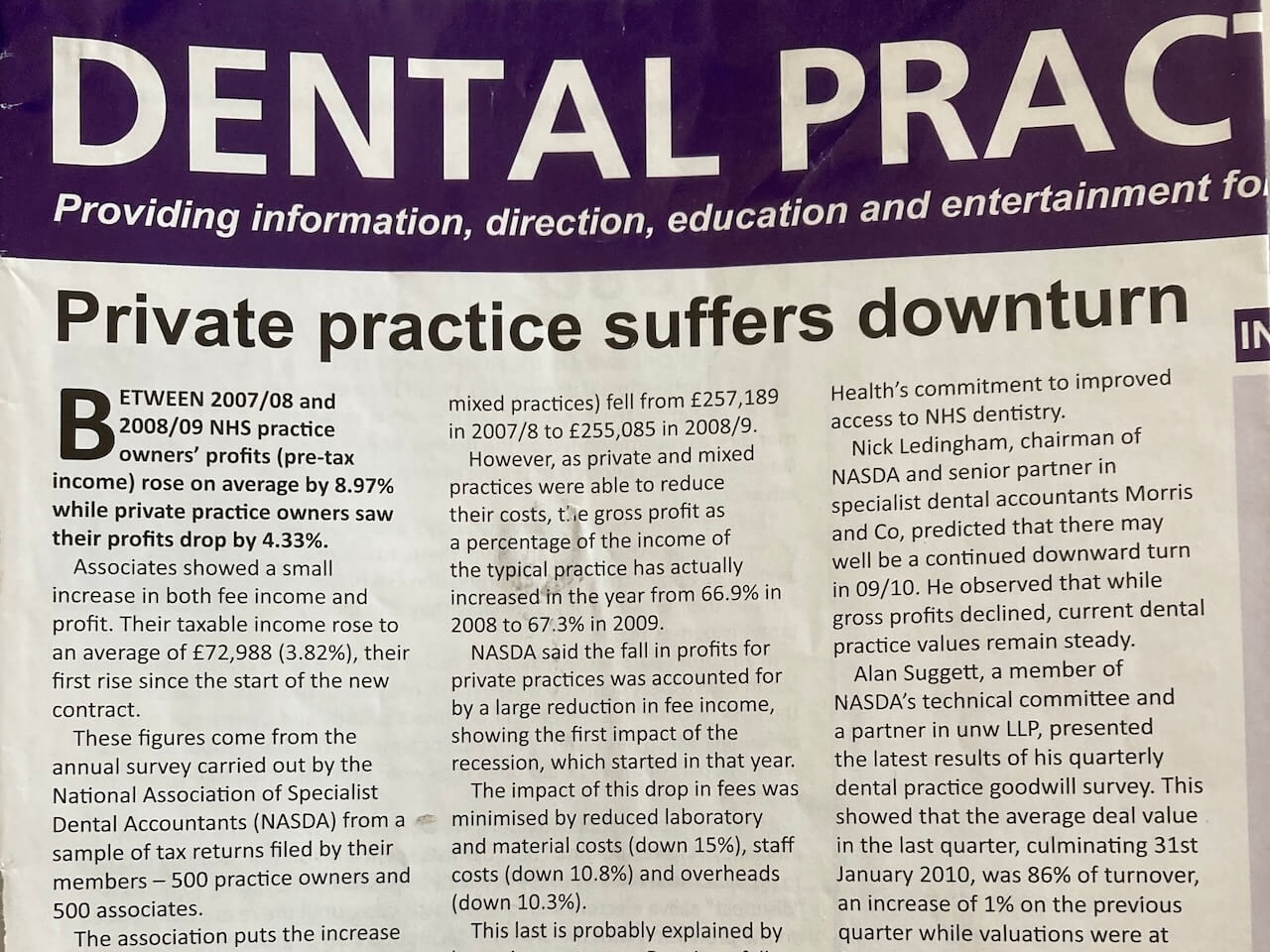
High earning dentists should be alert to the impact that rising inflation could have on their pensions. Due to the complexity of calculations around NHS superannuation, we advise that dentists should work closely with their accountant and Independent Financial Advisor.
In brief, the tax deductible amount that can be saved in any one year is £40,000, for those with an annual income of up to £240k. This is known as the annual allowance (AA).
The issue is fraught for many dentists, especially those who have both an NHS and a private pension. The NHS superannuation scheme is complex; the deemed contribution is based on how much your NHS pension benefits have grown during the relevant tax year. Members have no control over how much their benefits have grown. The way growth is calculated is impacted by inflation so figures for the current year are likely to be hugely problematic for some. Further, the AA is tapered down for higher earners so that the more you earn, the more likely you are to fall foul of the AA tax charge. You may be able to bring forward unused reliefs from previous years, but complex calculations will be required!
Pensions growth information is provided in an annual NHS pensions savings statement available around six months after the end of the tax year. However, it is the responsibility of the tax-payer to work out their liability. Below is a checklist of considerations when you work out your annual allowance.
Be aware: Penalties can be up to 100% of the tax due if the omission to declare the tax owed is deemed to be deliberate and concealed. Multiple years of failing to report overpayments into your pension could add up to significant sums.
The risk dentists face of having their pension eroded perfectly illustrates the importance of having a team of advisors who collaborate and work proactively on your behalf. Careful thought should be given to whether and how you can minimise or manage any potential tax charges.










